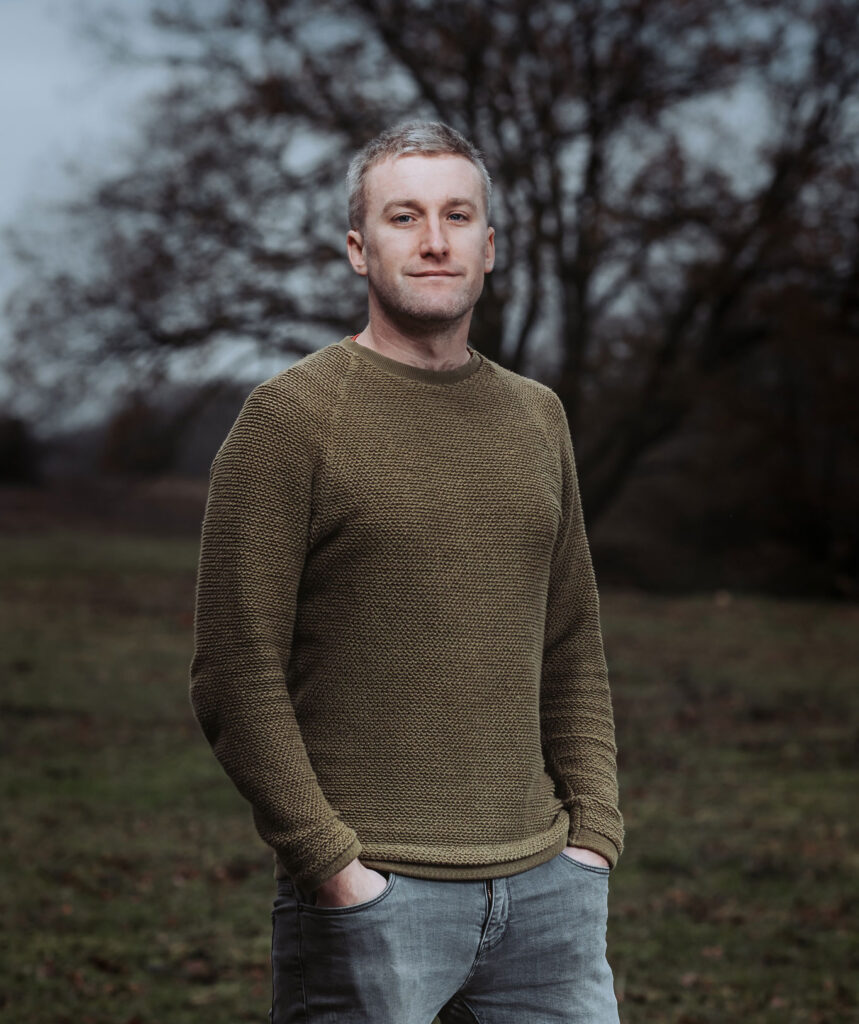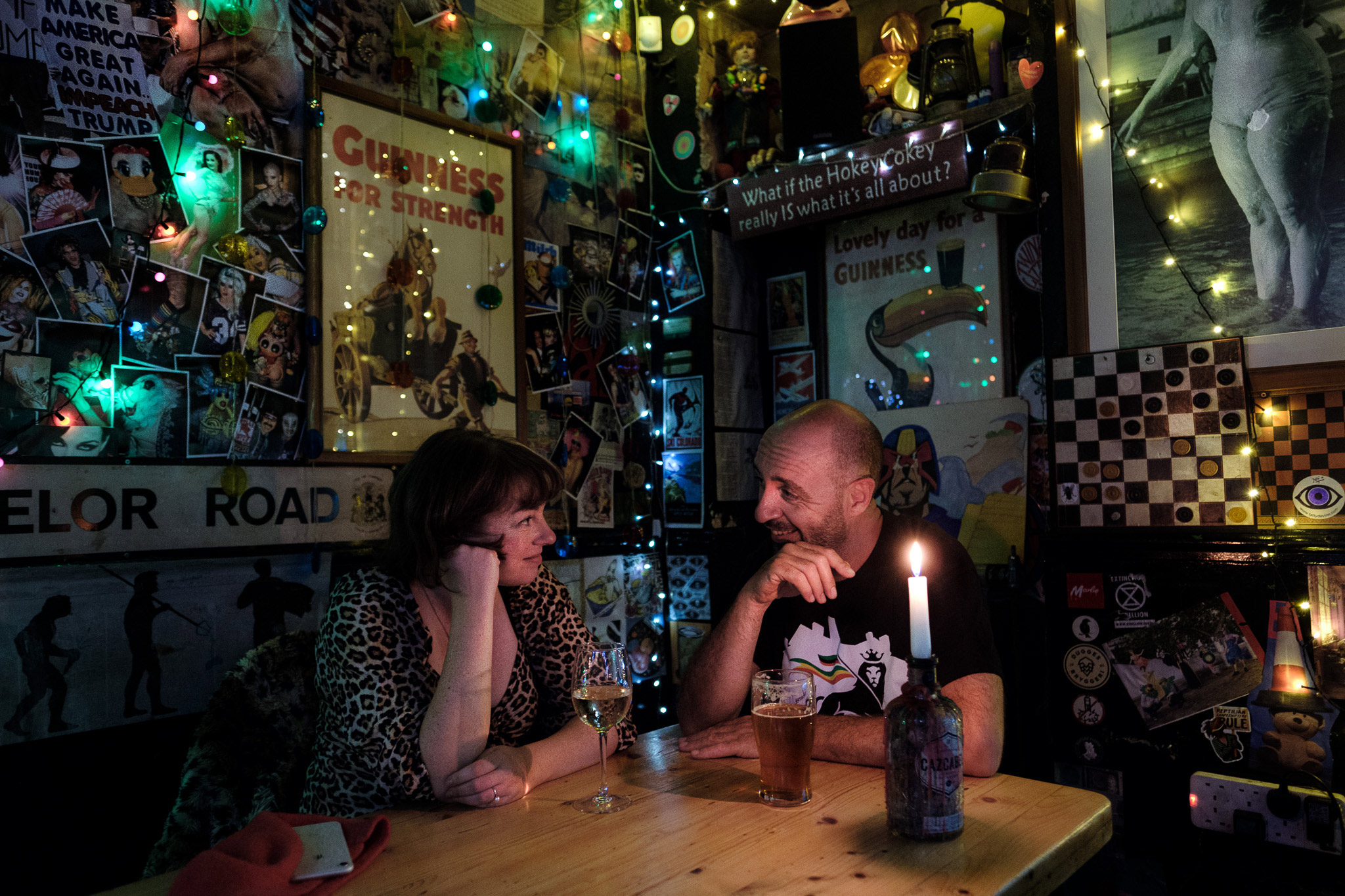Can I be a discreet bisexual activist? Is that just one big contradiction in itself, or does it reflect the issues that I face as a bi man? Does activism need to be blatant to be successful?
I was never going to be open about being bisexual on this website. Personally, I had never thought I had a reason to be, until I read Dr Julia Shaw’s book Bi. Julia lays down a whole load of eye-opening truths about bisexuality but one statistic caught my attention:
About a third of bisexual women have told most of the important people in their lives that they were bisexual, but only 12% of bi men have done the same.
Dr Julia Shaw
Whilst I am passed the point of denying my sexuality if asked directly, I am not out with everyone in my family. We are all on our own journey and whilst I am further along mine than others, I still need to be mindful of how my actions affect those close to me. Nonetheless over recent years I have felt as though I could be doing more.

Bisexual people face double discrimination. From gay and lesbian communities we are seen as holding on to straight privileges, yet the straight community tar us with stereotypical myths. In the book Bisexual Horizons, Felicity Cade writes, “People think married bisexuals can vanish within the heterosexual community any time we choose, and to a certain extent this is true, but only at the cost of burying our true selves”.
Covid lockdowns got me thinking a lot about my own identity and who I was as a photographer and designer. I started to question why I was hiding being bi from people outside of my monogamous and straight-appearing marriage. There are so few bi men who speak out, and even fewer who talk about identity. Yet visibility is absolutely essential to addressing the stigmas that bisexual people face.
Moreover, in a paper titled The Invisible Stereotypes of Bisexual Men, the authors found that ‘there is evidence that bisexual men experience more bisexuality-related bias than women, particularly around stereotypes related to trust and fidelity.’
I get it and can relate to this. The tiresome myths that bisexual people are promiscuous, greedy, indecisive, and even slutty need to be addressed. The idea that the 600,000+ bisexual people living in the UK all fit this stereotype is archaic. Straight people do not face the same assumptions; bisexuality is not synonymous with unfaithfulness or adultery.
Being recognised as a bisexual person is not important for means of attracting a potential partner, it is important to be recognised for who we authentically are.
How is this ever going to change unless more bisexual men speak out? Making change doesn’t require launching into a full scale bi-offensive to make a difference. If every bisexual person opened up to those close to them, when safe and appropriate, the perception of bisexuality would start to change. There is power in numbers.
I started a documentary project in summer 2022 photographing couples in straight-appearing (heteronormative) relationships where at least one of the partners identified as bisexual. The hope is that the project will one day be published and recognised by a channel that encourages dialogue outside of the LGBTQ+ community.
I want society to recognise bisexuality as a normal identity. I want bisexual people to be able to speak openly about their identity. I want to start a change that makes opening up about bisexuality safe and welcoming for everyone.
